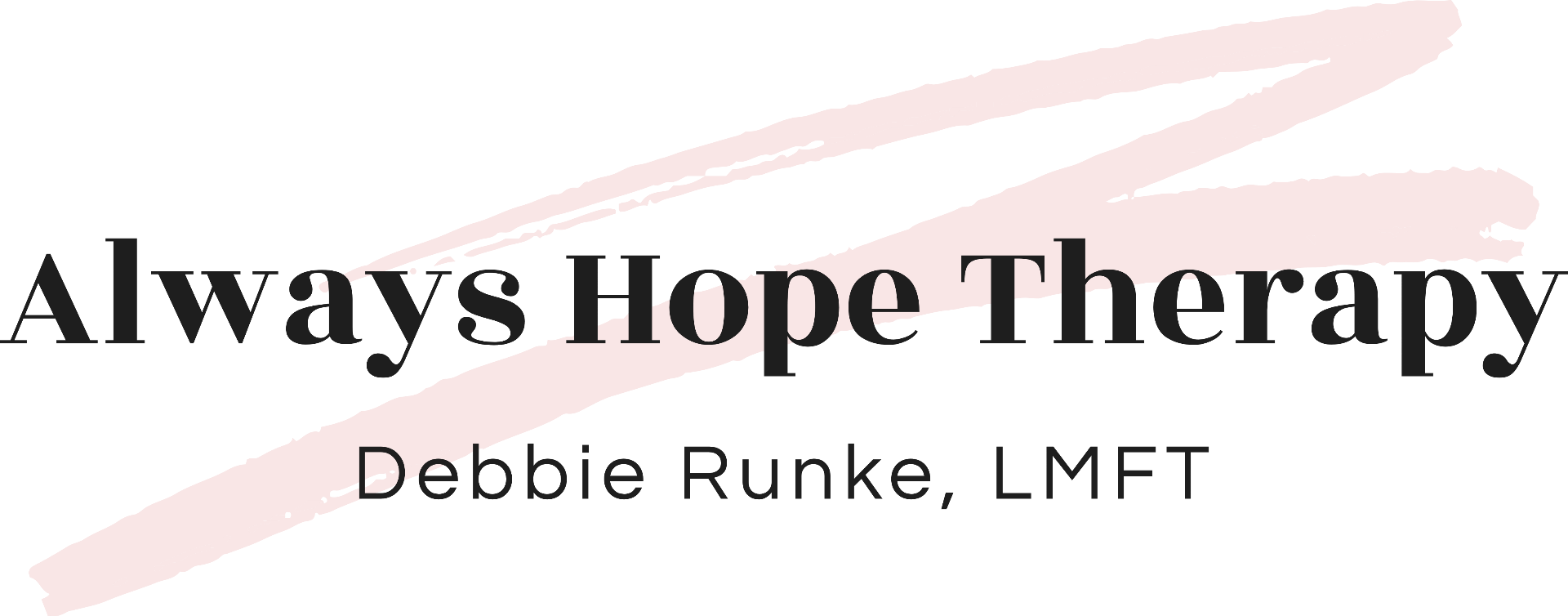Anxiety & Stress
Anxiety and stress are similar in their effects on you physically and emotionally. For example, you may be irritable or angry. The muscles in your body may be tense or painful. You may have digestive troubles or have difficulty falling or staying asleep.
There are also differences between the two conditions. For example, stress is a response to something that is usually external (like conflict or deadlines) and often short-term. It typically responds well to coping strategies such as:
- reducing the stressor (or the way you think about it),
- seeking the support of family or friends,
- eating healthy and nutritious food,
- learning to relax your muscles,
- meditating,
- being active, or
- spending time in nature.
On the other hand, anxiety tends to last for months, even when a stressor is not present. So if you worry about one thing after another, struggle to control these thoughts, or often feel dread, you may be dealing with generalized anxiety disorder.
Sometimes anxiety can take the form of a panic disorder. For example, you may have experienced one or more panic attacks related to a stressful life transition or event. Some of the common symptoms of a panic attack include a racing heartbeat, difficulty catching your breath, tingling in your fingers or toes, sweating, trembling, or a fear that you are going crazy or are about to die.
Anxiety disorders are treated through psychotherapy, medication, or a combination of the two.
It may be time to seek help to understand what you are experiencing and acquire new coping tools. Let’s explore this together.

